WASHINGTON, D.C. – As federal agents and military troops continue their patrols across Washington, D.C. neighborhoods, frustration and fear are mounting among residents. The recent decision to allow federal troops in the district to carry firearms has only intensified tensions, sparking prayer vigils, rallies, and grassroots organizing.
A Vigil for Unity and Resistance
On Thursday evening, hundreds of residents gathered in Southeast D.C. for an interfaith prayer vigil. Organized by faith leaders and community activists, the gathering sought to provide both comfort and a unified voice of resistance to what many see as federal overreach.
“You’re taking our jobs, our food programs. You’re snatching up our citizens and we’re saying enough is enough,” said Rev. Patricia Fears of Fellowship Baptist Church, drawing applause from the crowd.
For attendees, the vigil was not only about prayer but also about collective resolve. “To those who are scared to leave for different reasons — I say, I’m here with you. I’m praying with you, I’m thinking of you,” said community advocate Jason Carson-Wilson.
Echoes of Past Protests
For longtime activists, the current moment feels like a continuation of decades of struggle. Jim Sweeney, 79, who has participated in protests since the Vietnam War era, said the gathering carried unusual weight.
“It seems like I’ve been coming to a lot of demonstrations for 50 years — at 79, this one was the most important,” Sweeney reflected.
Others stressed that the moment was about building strength in numbers. D.C. resident Lydia Curtis pointed to the significance of showing up together. “These kinds of gatherings are so important for people to not only connect but to galvanize their power,” she said. “I think [arming troops] is a license to kill, and I feel like it’s very dangerous.”
Youth Caught in the Middle
The decision to arm federal troops has been especially troubling for young residents of the district. Many have described tense encounters with federal agents patrolling their neighborhoods.
Kyle Washington, 15, recounted the shock of watching armed troops run through his block. “Just shock — them running up and down the hill with guns in their hands,” he said. “They’re out here messing with youth because they look a certain way, dress a certain way.”
For teenagers like Kyle, the presence of armed troops is not only intimidating but also destabilizing, creating an environment where young people feel targeted.
Nonprofits Shift to Support Youth
Local organizations are stepping in to help youth navigate this uncertain landscape. Guns Down Friday, a Southeast D.C.-based nonprofit focused on reducing gun violence, has pivoted in recent weeks to prepare young people for potential interactions with law enforcement and federal troops.
“Not everyone knows everything, so it’s cool to spread the knowledge, spread the love,” said a mentor known in the community as Big Macky, who helps lead youth workshops.
Kyle Washington, who attends the group’s sessions, said the support has been vital. “It makes me feel better to know people are actually out here to help us and help kids learn their rights,” he explained. “To have extra support when you’re dealing with mental stress and more — it really comes in handy.”
Community Organizing Gains Momentum
Thursday’s vigil is just one of many events planned throughout the city as residents continue to speak out. More rallies, marches, and interfaith gatherings are expected this weekend, with organizers emphasizing nonviolent resistance and community solidarity.
While the presence of armed federal troops has raised fears of escalation, many residents say the answer lies in community-led responses, mutual aid, and collective advocacy.
Looking Ahead
For many in D.C., the fight is about more than opposing the troops. It is about reclaiming community spaces, protecting vulnerable residents, and ensuring that policies do not criminalize or endanger young people.
“People feel powerless when armed troops are stationed in their neighborhoods,” said one local organizer. “But these gatherings remind us that our real power comes from being together and refusing to be silent.”
As tensions continue, the people of Washington are finding strength in unity — resisting what they see as dangerous federal overreach while building networks of care and solidarity that they hope will outlast the presence of armed troops in their communities.

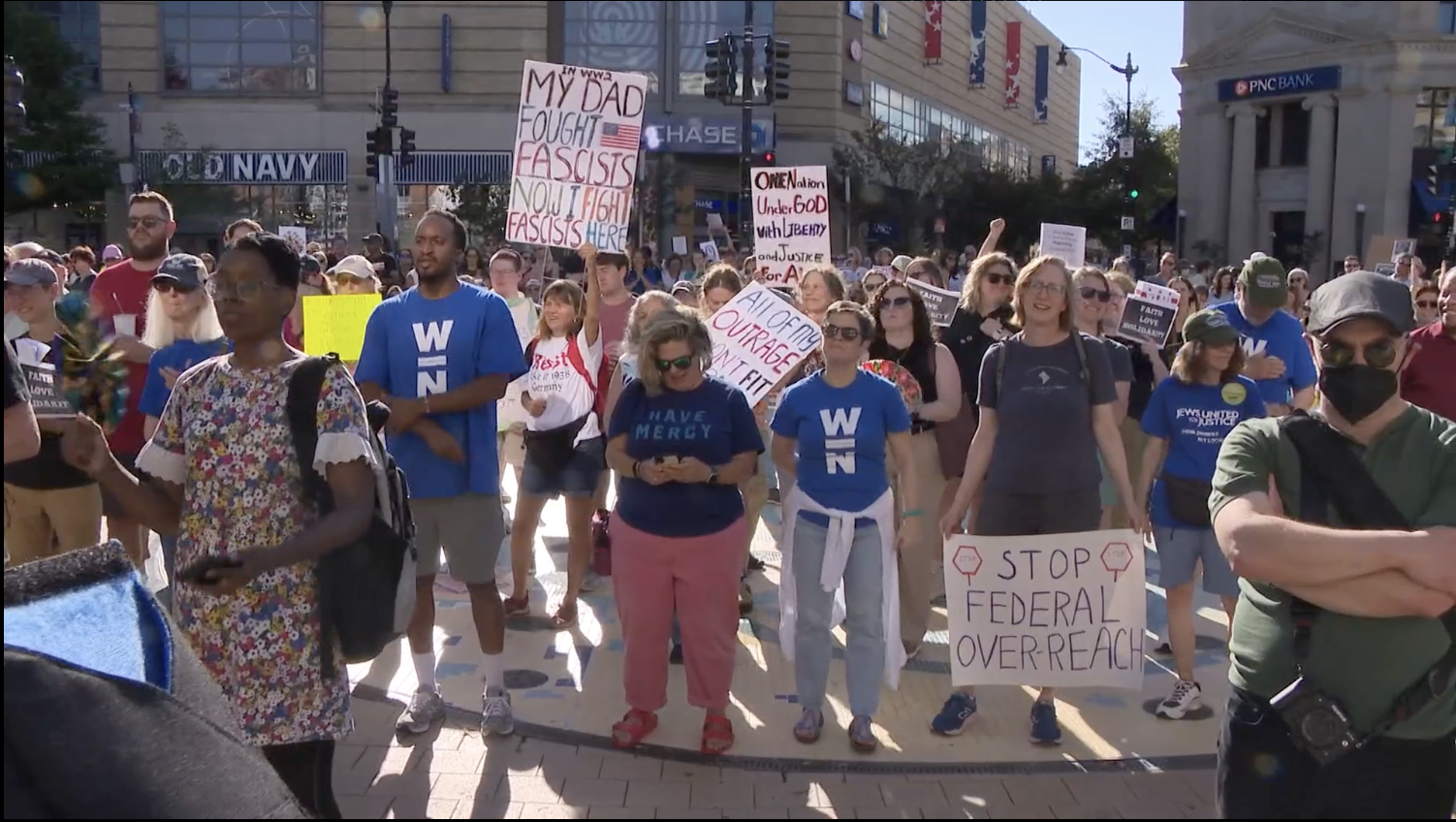
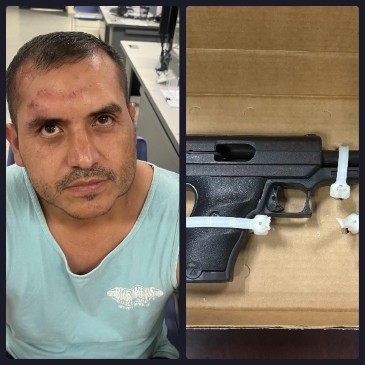
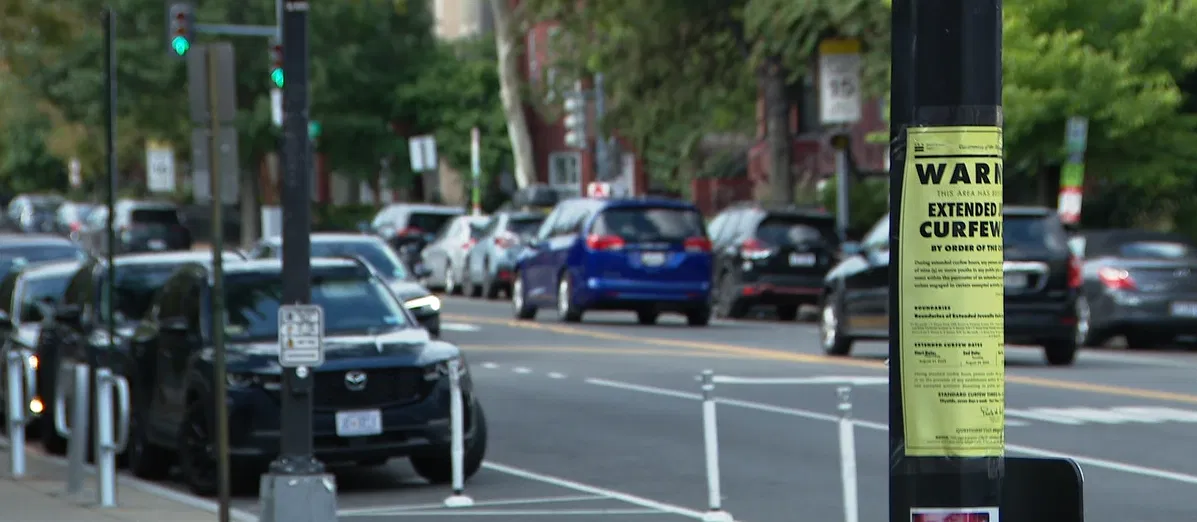

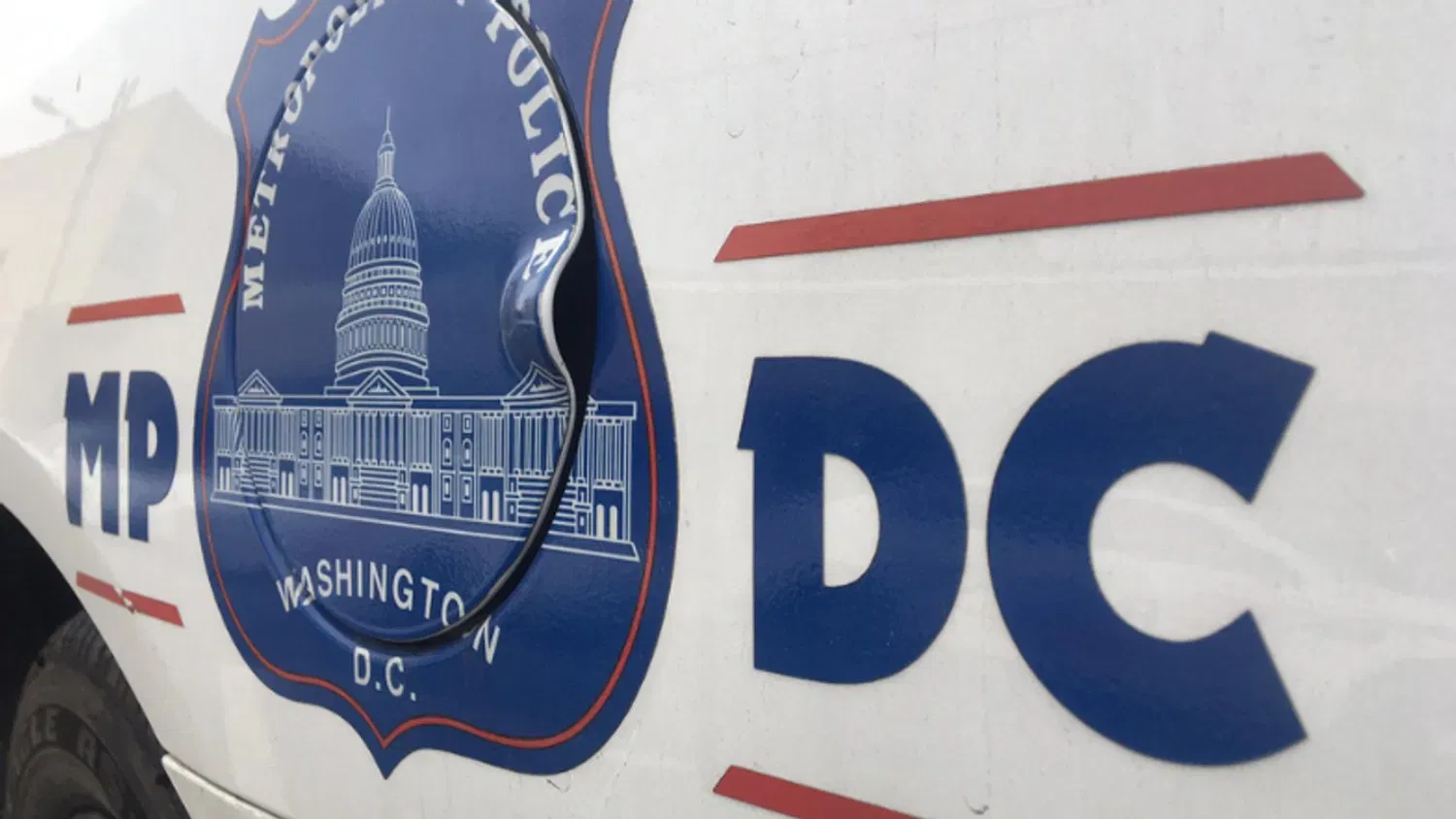
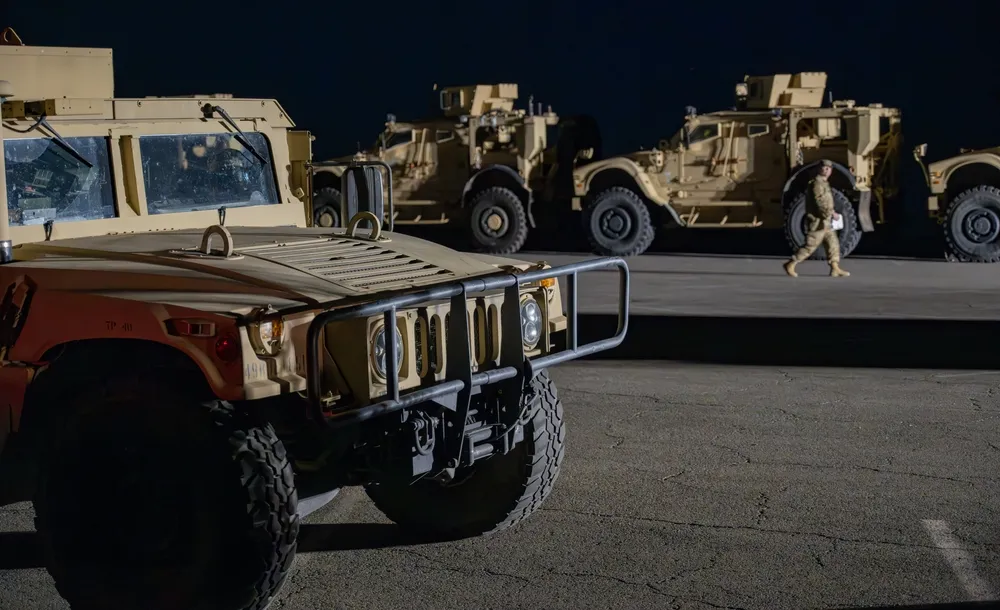
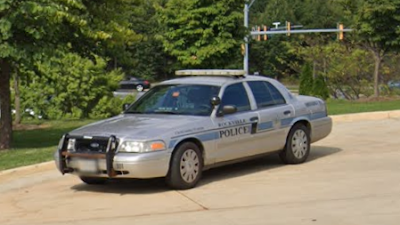

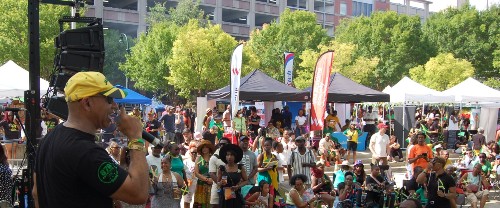
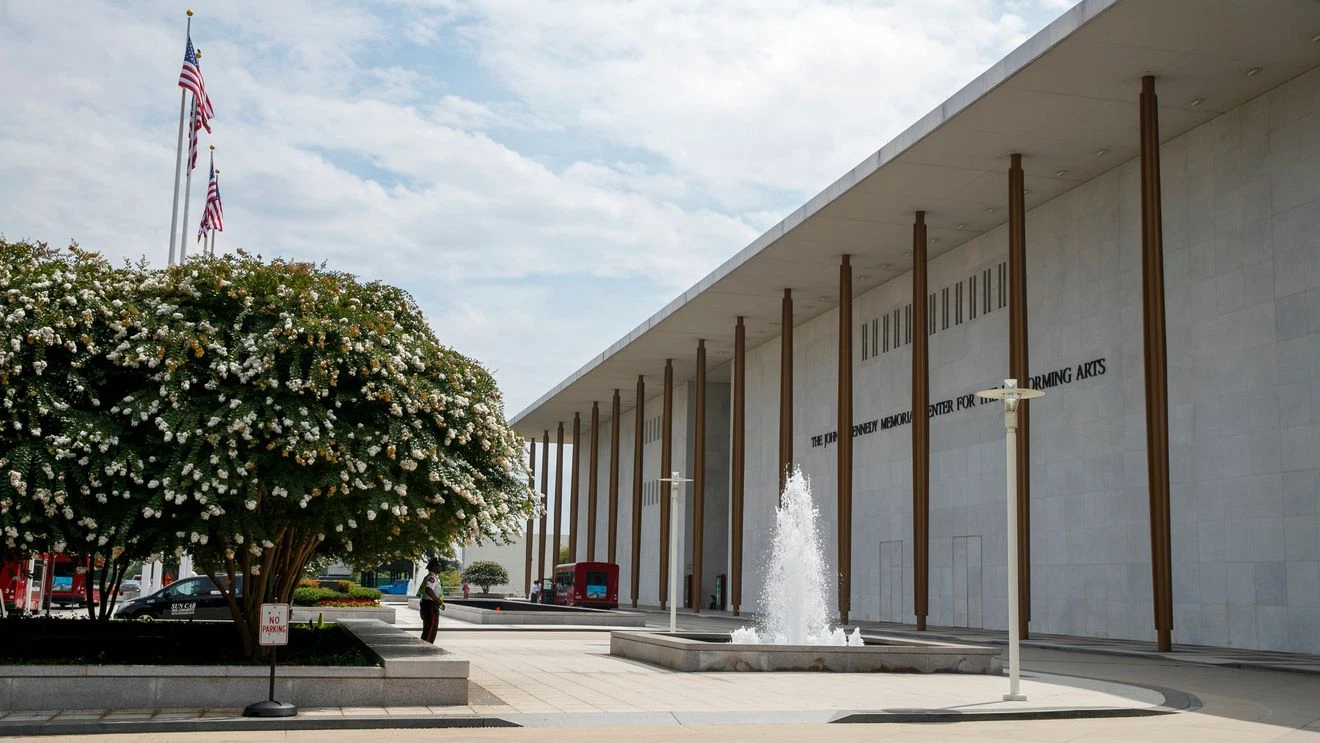
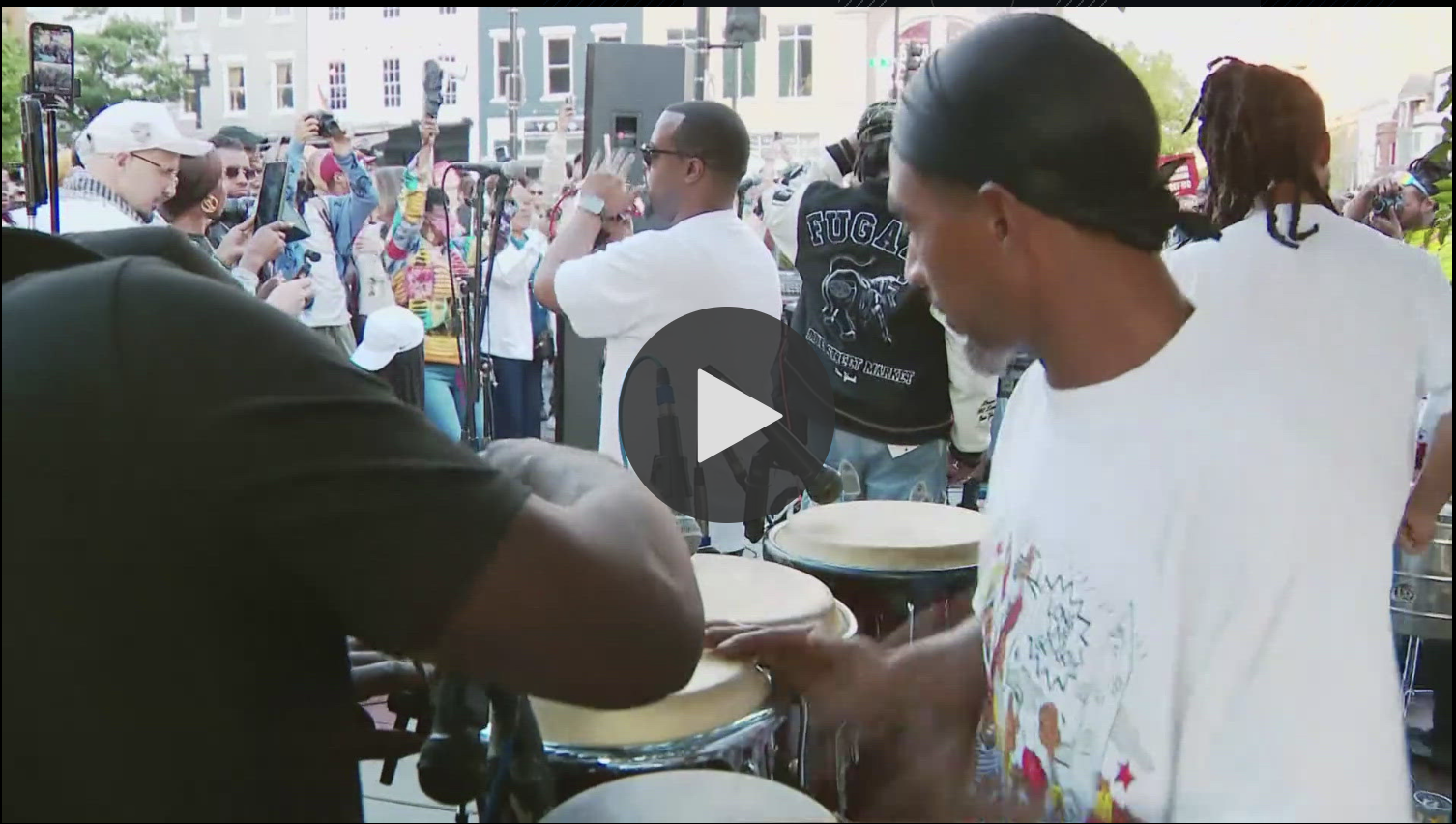

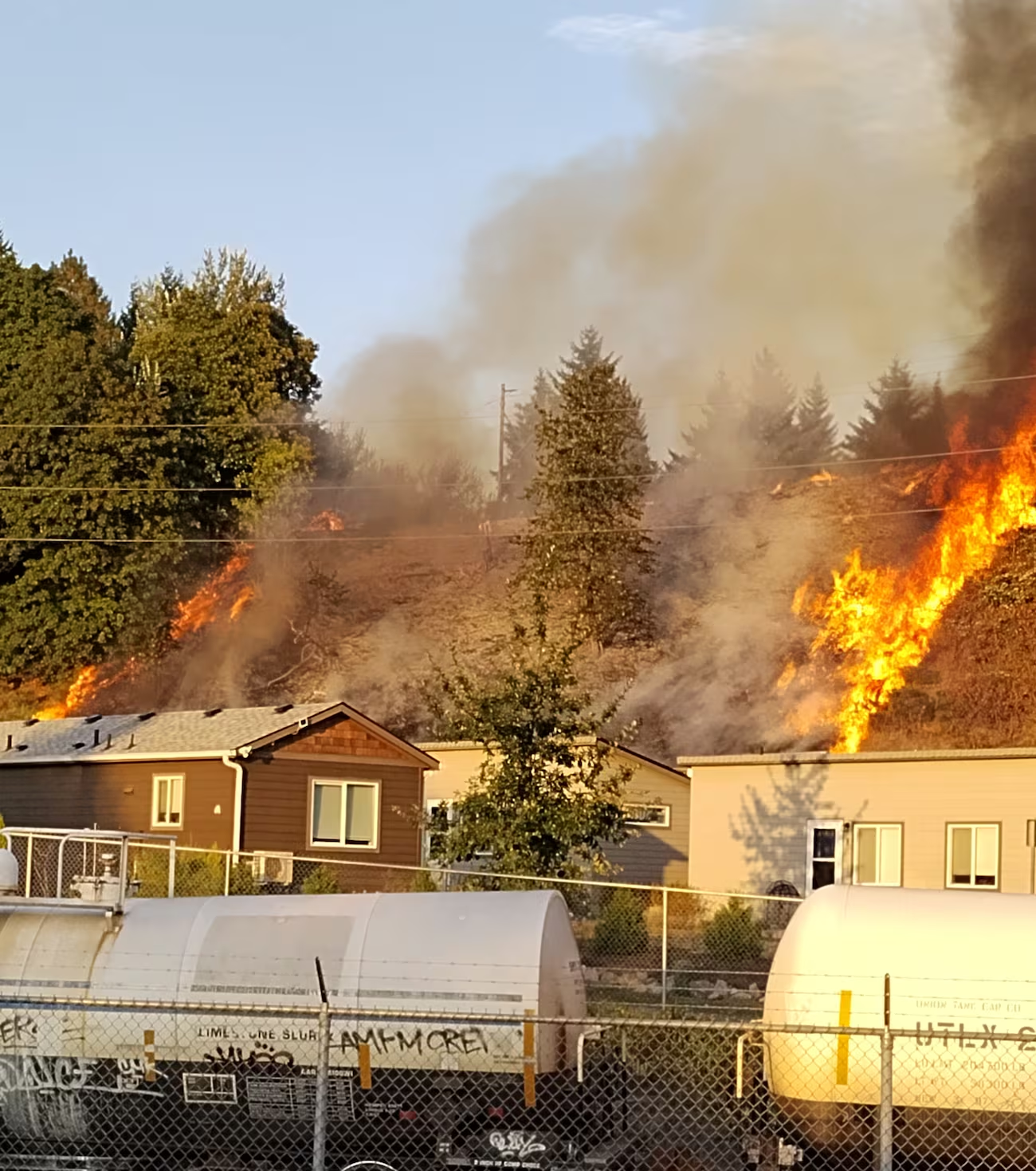

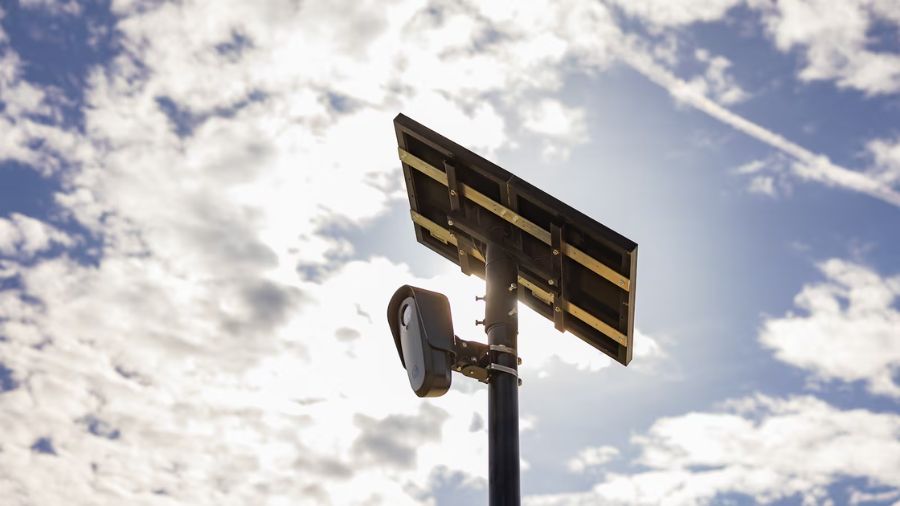
Leave a Reply